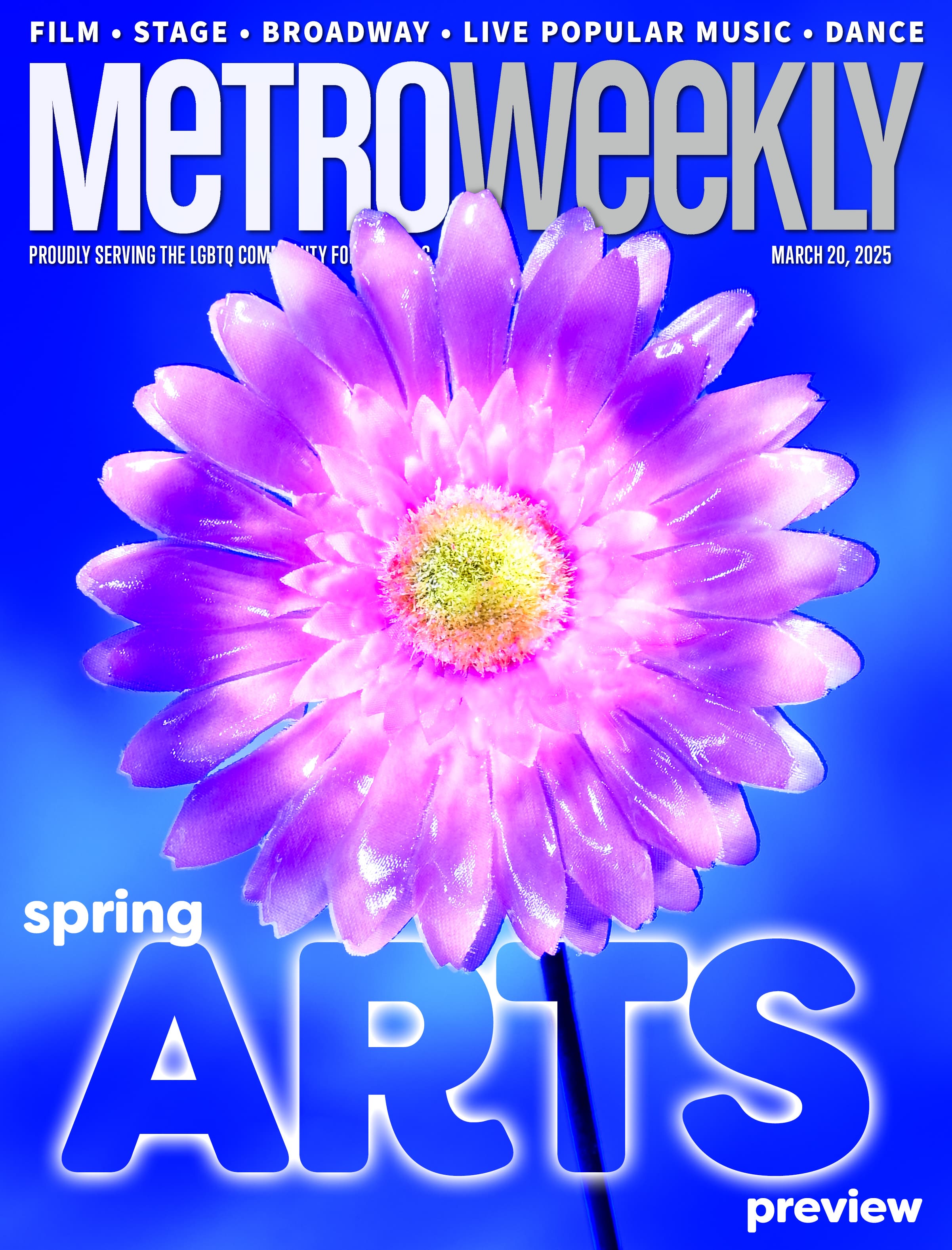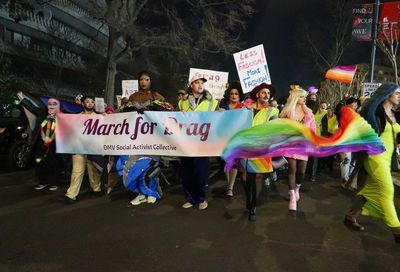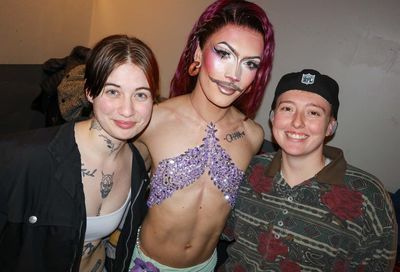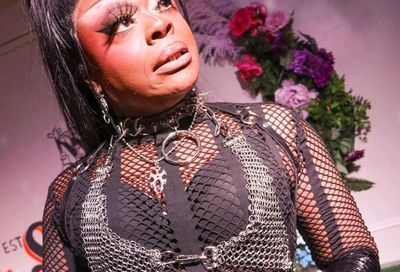Culture Thieves
Diversity requires mutual respect, not jealous ranking of oppressions.
 Sierra Mannie, a University of Mississippi senior, wrote a commentary picked up by Time last week titled, “Dear White Gays: Stop Stealing Black Female Culture.” Here’s a portion:
Sierra Mannie, a University of Mississippi senior, wrote a commentary picked up by Time last week titled, “Dear White Gays: Stop Stealing Black Female Culture.” Here’s a portion:
“I need some of you to cut it the hell out. … I don’t care … how cute you think it is to call yourself a strong black woman, who taught you to twerk, how funny you think it is to call yourself Quita or Keisha or for which black male you’ve been bottoming — you are not a black woman, and you do not get to claim either blackness or womanhood.”
Someone was looking for a throwdown. She talked about Beyoncé, white privilege and the legacies of racism and sexism. She made some valid points. She also said that black women “cannot hide their blackness and womanhood to protect themselves the way that you can hide your homosexuality.”
Let’s pause there. David Mariner, Executive Director of The DC Center for the LGBT Community, posted a response on Tumblr. He did not imitate a black woman saying, “Oh no you dih-int.” He was conciliatory and thoughtful:
“I can’t change who I am. I know you may suggest, as you did in your article, that gay men can simply ‘hide’ who they are. Perhaps I should lower the pitch of my voice artificially? Butch it up? Let me assure you, I tried that for the first twenty years of my life, and it came very close to killing me. I can’t hide who I am, nor should I.”
And: “[M]any of the expressions, sayings, mannerisms, and culture that you claim white men have appropriated from black women … well a lot of it never really belonged to straight women to begin with. It originated from LGBT culture, and predominately the Black and Latino Gay scene. Do a little research and look into Ball Culture. Watch Paris is Burning or Tongues Untied. Learn where all those expressions come from.”
I hope Mannie takes Mariner’s letter in a constructive spirit. Cultural appropriation works in multiple directions. Also, when a member of one group claims exclusive ownership of a particular bit of turf regarding oppression, he or she commits a falsification by omission.
Ranking oppressions can blind us to one another’s experiences and get in the way of justice. Looking at me or hearing me at a given moment does not tell you everything about me. It doesn’t show all I have stood for, whom I have fought beside, or the price I paid. This works both ways. When we are too quick to judge, we erect obstacles to cooperation. That chip on your shoulder is a form of aggression.
Diversity is no mere slogan, but a challenging reality. Respect that is not reciprocated is subservience. As I would not have your beliefs imposed on me, so I must not impose mine on you. This is part of the social contract. It is why the Supreme Court’s Hobby Lobby ruling is reckless, and why many have urged the President not to weaken his promised executive order protecting LGBT employees of federal contractors. A broader religious exemption for anti-LGBT discrimination than that in Title VII marks us as lesser citizens.
Allowing the religious imperatives of shop owners to trump those of their employees or customers invites a chaos of competing prohibitions. A pluralistic society can hardly function if every business becomes a law unto itself.
With Christianist bullies resurgent, nativist bigots inventing diseased hordes at our southern border, and assorted other brazen ignorance on parade, America’s leading targets of bias ought to resist fighting one another and gain strength by doing something the radical right stoutly rejects: learning from those unlike us.
Richard J. Rosendall is a writer and activist. He can be reached at rrosendall@starpower.net.
Support Metro Weekly’s Journalism
These are challenging times for news organizations. And yet it’s crucial we stay active and provide vital resources and information to both our local readers and the world. So won’t you please take a moment and consider supporting Metro Weekly with a membership? For as little as $5 a month, you can help ensure Metro Weekly magazine and MetroWeekly.com remain free, viable resources as we provide the best, most diverse, culturally-resonant LGBTQ coverage in both the D.C. region and around the world. Memberships come with exclusive perks and discounts, your own personal digital delivery of each week’s magazine (and an archive), access to our Member's Lounge when it launches this fall, and exclusive members-only items like Metro Weekly Membership Mugs and Tote Bags! Check out all our membership levels here and please join us today!






















You must be logged in to post a comment.